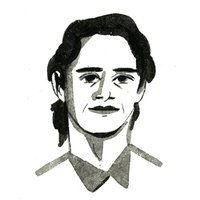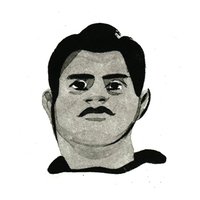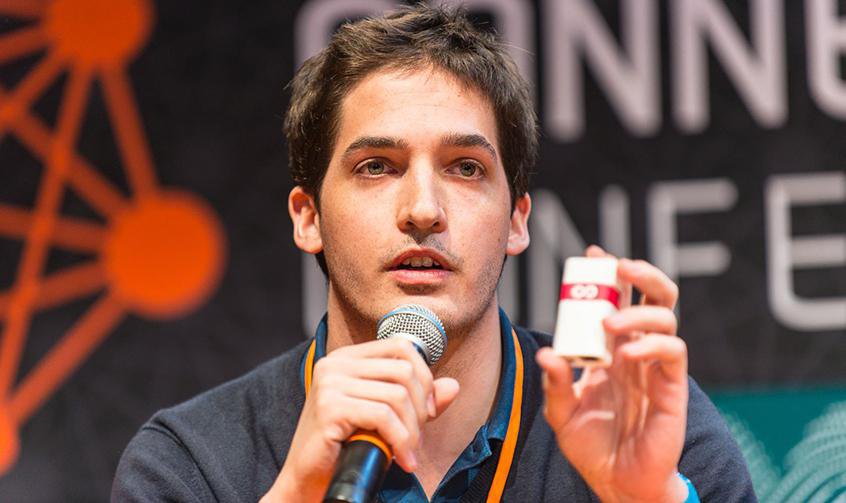"Between desktops, laptops, tablets and smartphones, the number of devices that a single person handles is getting larger. Each one will store certain documents, which may cause the user to not know what’s where. To solve this problem, Séverin Marcombes has developed Lima, a shared and automatic storage system that does not require a service in the cloud.
This small device connects to the user’s router and to a high capacity hard drive. The devices that will be sharing files also need to be configured so that Lima can control their storage. After this, Lima is ready to move documents from each device to the hard drive, to which all will have access, regardless of their storage capacity.
""The biggest difference between Lima and Cloud services is the user experience,"" explains Marcombes. There is no need to create a specific folder to save the files you want to have available, or move documents one by one and wait for the devices synchronize. The engineer continues ""If we want to see a movie on an iPad we don´t need to go to the computer, transfer the file to the shared folder and wait for it to upload on the Cloud. It is immediately accessible.”
It has other advantages; for instance, the limit of shared storage space is related only to the capacity of the hard disk that and not to the capacity of each device. It will be user preferences that determine how much space the system has. On the other hand, the user is the only person who can access the files and no personal data is transferred to external servers like Dropbox. Marcombes says that ""many users are reluctant to put all their content in the Cloud because they feel that a hard drive provides a greater sense of security.""
Stored documents are available in any of the user’s devices, provided they are online, even if the network they’re using is not the one offered by the router. In addition, the system designed by Marcombes allows users to choose what to keep permanently in each device, so that files are available even when there is no connection.
Lima was born from Marcombes’ interest to improve the user experience of computer products. This interest was generated throughout his entrepreneurial career that began in adolescence, first as professor of Computer Science for senior citizens, and later as part of a project that helped quadriplegic people to control electronic devices and home automation with a remote operated with their tongue.
Before creating Lima, Marcombes developed Overbox, a database that centralizes all of a person’s music. The system allows playback on the stereo and choosing which song to listen through the Bluetooth mobile phone connection. His next project, ForgetBox, would be Lima’s seed in 2011; the first prototype was developed in 2012 and in 2013 it raised nearly one million Euros in a Kickstarter campaign. The company now has 20 employees and is delivering the first devices to donors. The final product will be on sale in September.
For Franck Le Ouay, judge at the MIT Technology Review Innovators Under 35 awards France and co-founder of Criteo, Lima ""solves one of the main problems of having multiple devices in a very innovative way, with a complex design system and without having to rely on the Cloud. """




